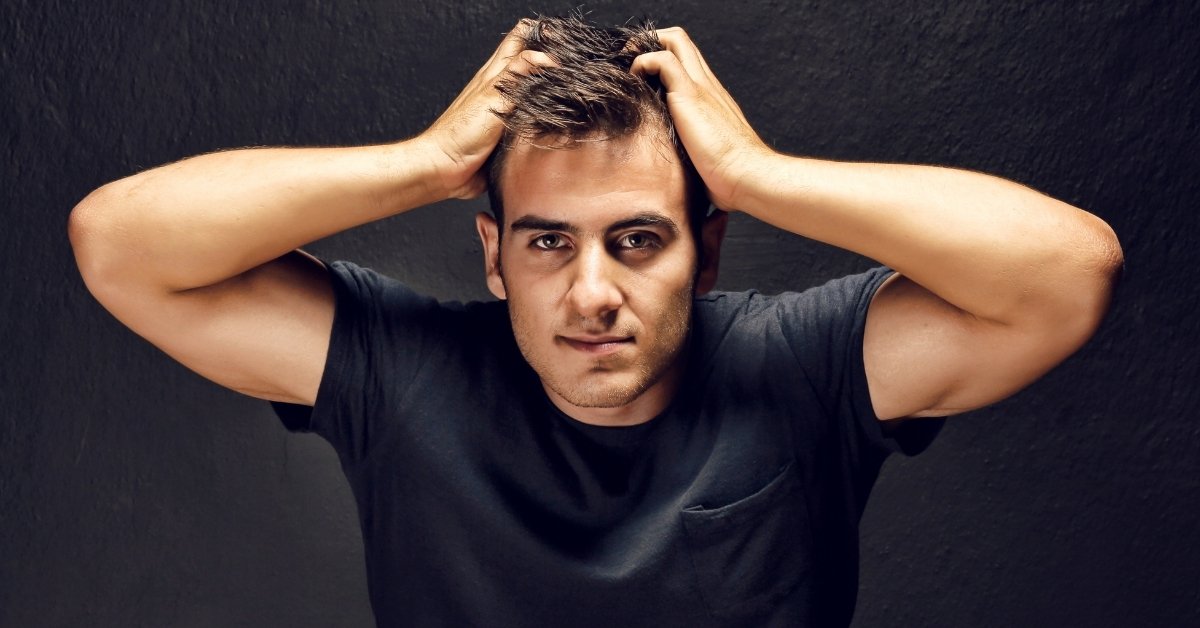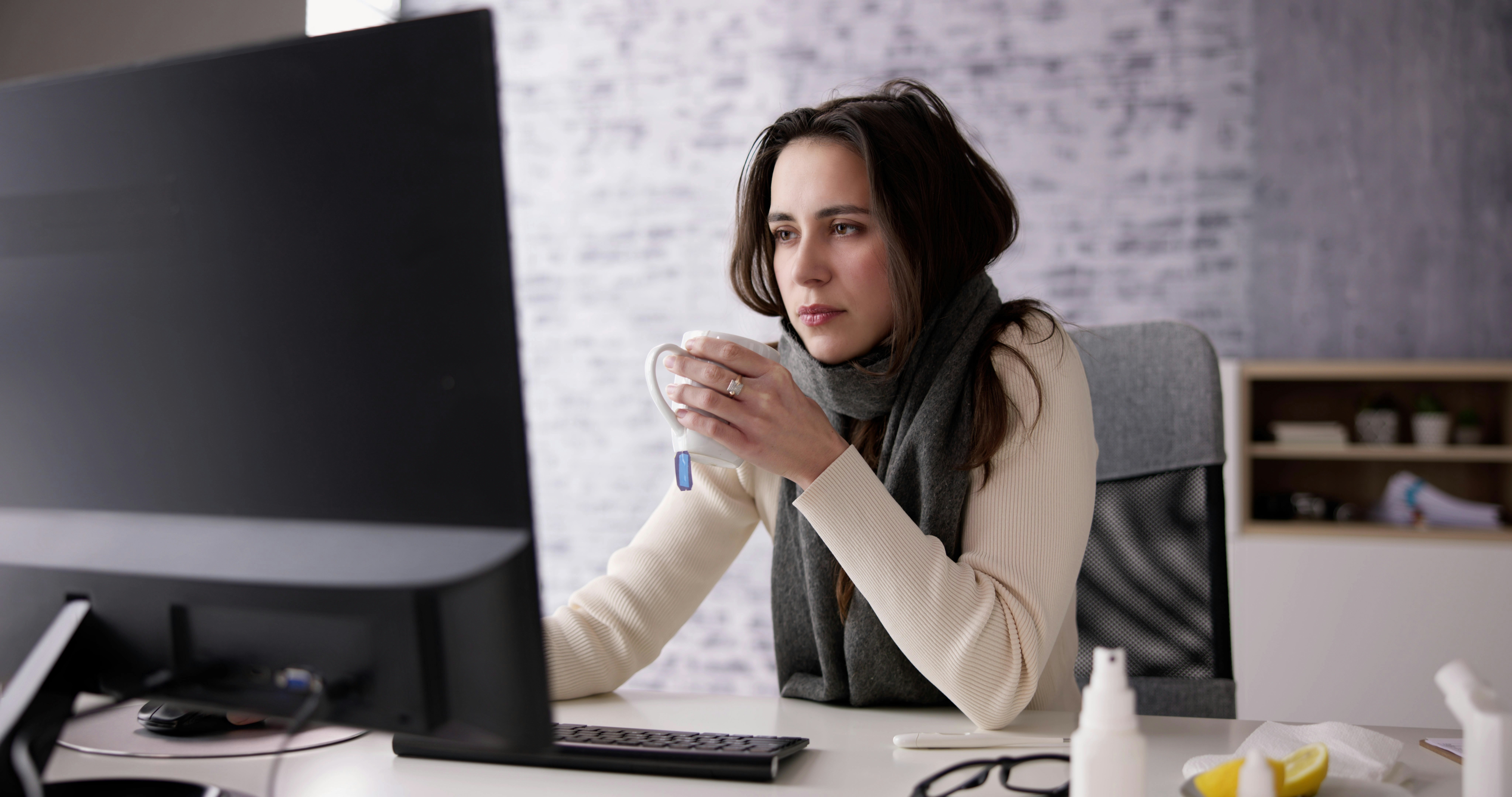Hair loss can be a frustrating process that can happen to anyone. Genetics, aging, and stress can all contribute to the thinning of your hair. It is a common occurrence for people, particularly men, as they age and can make one feel insecure about their appearance. For years there have been different methods to reduce hair loss and even cover it up, such as with toupees or hair being implanted back into the scalp. There are much simpler (and less distracting) ways to promote your hair growth and get your confidence back.
Professional, scientific studies have examined many methods to stop and reverse hair loss processes. Additionally, generations of tradition have sworn on other more holistic home remedy options. One option that overlaps with both of these categories is caffeine. It is becoming one of the more well-researched options proven to be effective in even extreme hair loss cases, such as alopecia.
What Happens During Hair Loss?
For those unfamiliar with the condition, androgenetic alopecia, or AGA, is the hereditary progressive thinning of the scalp hair. It is a common dermatological problem that affects both men and women. Alopecia is caused by the increase of a hormone called dihydrotestosterone (DHT), which weakens the hair follicles and shrinks them over time.
This DHT hormone attaches itself to hair follicles and prevents the necessary vitamins, proteins, and minerals from reaching the hair. These elements provide the hair the nutrients needed to keep hair growing in its natural productive cycle, resulting in the hair beginning to fall out without them. It is natural for this hormone to increase with age, particularly in men due to its testosterone component, but it is also the main contributor to AGA. The effects of hair loss can damage the psychological and social aspects of an individual’s life, making the successful return of hair growth significant to many.
Caffeine and Hair Loss
Multiple studies have proved caffeine inhibits DHT production, preventing further hair loss. It can go further than this and even grow hair follicles, promoting hair growth. It can even make your hair smooth and strong and get rid of grey hairs! In the same way, it boosts brain activity; it can increase the processes of your hair, which can lead to regrowth.
This does not mean that you need to up your coffee intake, though. Large amounts of caffeine can be damaging to the chemical balances of the body and the sleep cycle, and drinking coffee will not get you enough caffeine to have much effect anyway. You would need to consume almost 60 cups each day to see any results, which is an excessive amount that could even induce seizures.
To gain the benefits of caffeine in your hair, you need to apply it directly to your scalp. That way, the caffeine does not have to work through your whole body to get to your hair, and it can work more effectively on what is needed. Topical creams have been made to put the caffeine directly onto your head and provide the best results by allowing the caffeine to be in direct contact with the hair follicles. Caffeine shampoo is another reasonable option that could be found within a developed hair salon.
Other Treatment Options
Pharmaceuticals are a typical way to treat many ailments, and there have been drugs developed for severe cases such as AGE. These few approved drugs are the unwanted side effects, which is a discouraging part of any medication. The demand for more natural alternative topical treatments with caffeine increases as people turn to popular alternatives to drug-based approaches. Although some people may see mild itchiness or redness from these caffeine-developed creams, they more often present no side effects at all.
Before using products such as these, it is vital to consult with your doctor about which options could be right for you. It’s essential to consider the type of hair loss you suffer from and the degree of its severity before moving forward with caffeine hair loss treatments. This is especially true for topical creams in particular.
Importance of Vitamin Use
Caffeine can help promote hair growth, but it should not be your only tool if you struggle with hair loss. Taking the proper vitamins is instrumental in maintaining your hair as well. A lack of vitamin D is also associated with alopecia, so vitamin intake should be the first item on your list to take. With caffeine application being the extra weapon to get your hair looking gorgeous.
Other vitamins such as vitamin A, vitamin C, and vitamin B complex are essential for your hair’s overall health and natural life cycle. Ensuring that you get the proper nutrients for your hair is an instrumental stepping point to reducing hair loss. After all, just like us, our hair can’t grow if it doesn’t have the proper food!
Conclusion
In summary, yes, caffeine can help treat hair loss. It is a proven method that can help with the mild natural cases of balding in men to alopecia’s more advanced autoimmune disease. The caffeine blocks hair loss hormones and reinstates the natural processes of your hair follicles.
Increasing your caffeine intake will not help your hair loss. For this method to really work, you need to put a topical caffeine cream on your scalp (after you have consulted with your doctor, of course). As well as making sure that you are taking the proper vitamins to make sure your hair has all the building blocks needed to thrive. If you are worried about hair loss, caffeine could be a valuable tool to treat it and get your confidence back on track!







